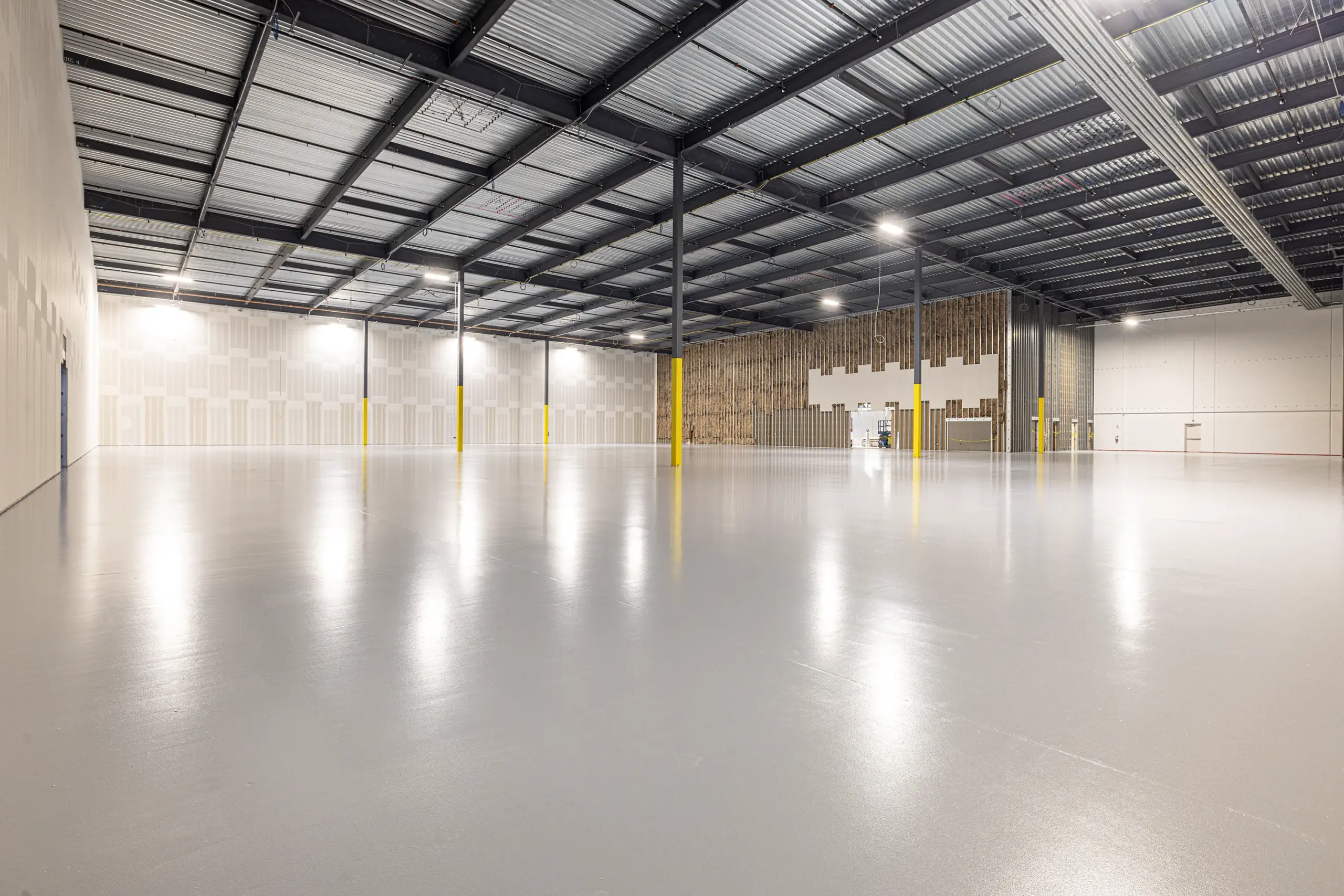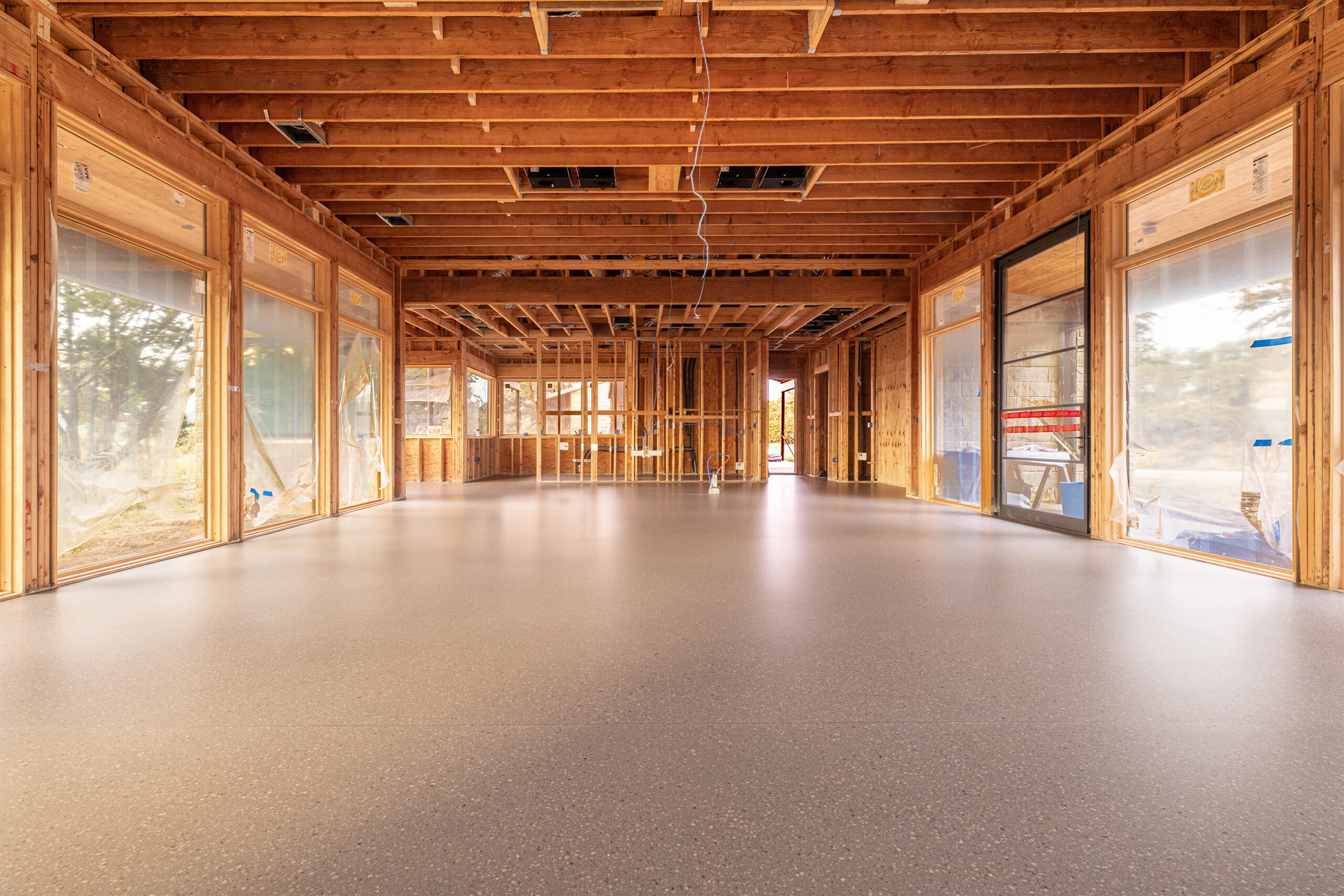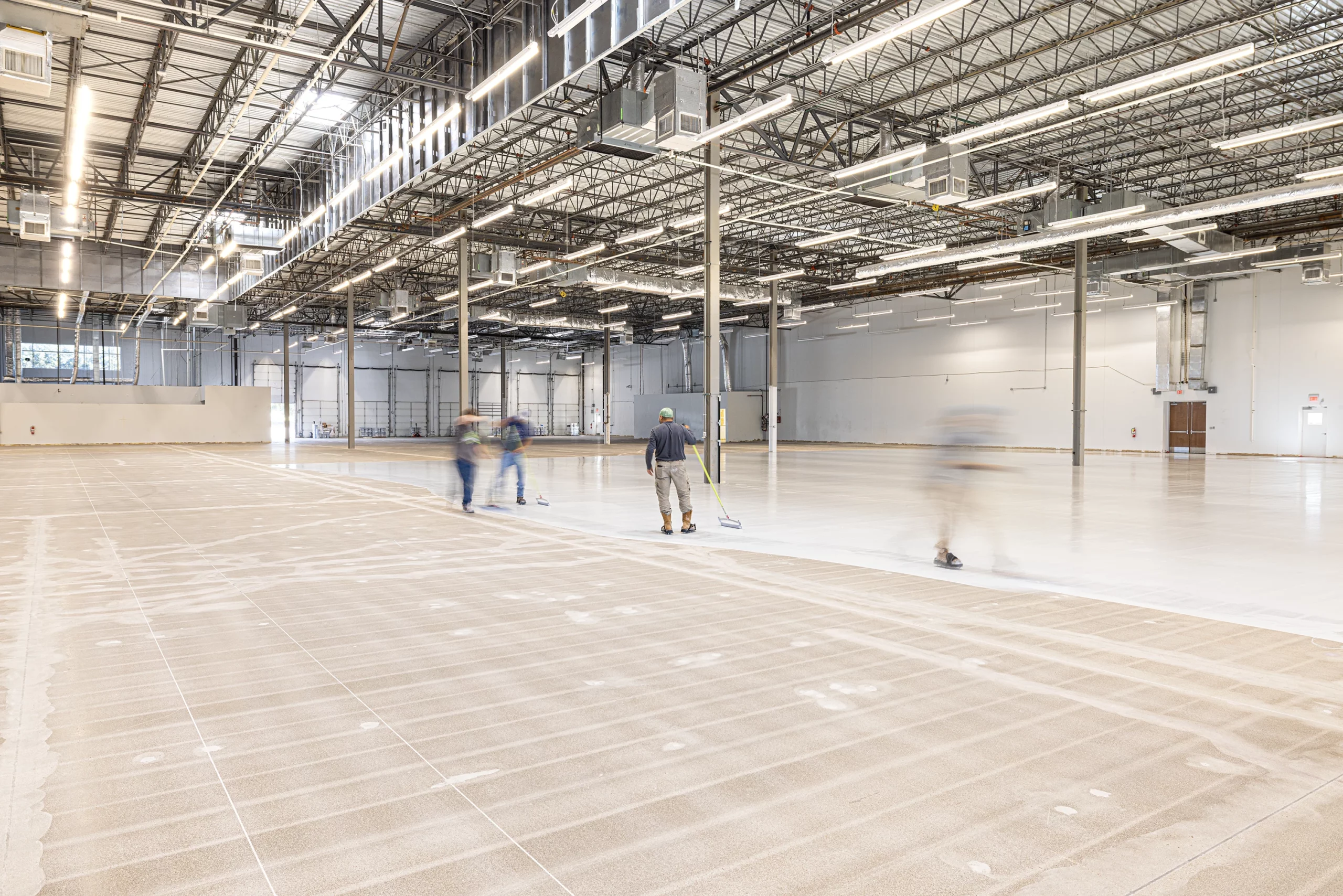Craftsman Concrete Floors specializes in installing commercial flooring systems designed for exceptional durability and minimal maintenance. From our corporate headquarters in Dallas, Texas, we offer nationwide in-house service, including projects throughout Colorado. Recognized as one of America’s premier commercial flooring installers, we deliver manufacturer-warrantied solutions trusted by leading companies nationwide. Our seasoned industry professionals bring decades of experience in flooring installation, materials manufacturing, and product innovation—ensuring unmatched precision and craftsmanship.
Commercial kitchens require flooring solutions that withstand extreme conditions, including thermal shock, chemical exposure, and heavy foot traffic. Among the most effective flooring systems for these demanding environments are urethane cement and poured epoxy floors. These systems provide seamless, non-porous surfaces that resist bacterial growth, simplify cleaning, and comply with stringent local health code regulations. Engineered specifically for high-performance commercial kitchen environments, these flooring options offer exceptional durability, thermal stability, and chemical resistance, ensuring long-term safety and hygiene compliance.
Speak with an expert and get a no obligation estimate. A Craftsman Specialist will reach out within one business day.






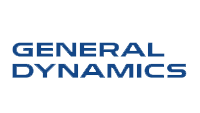
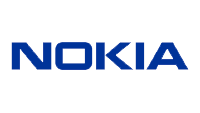

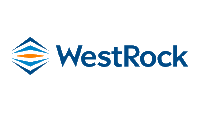




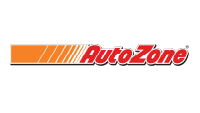
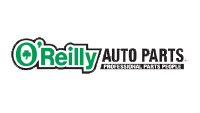

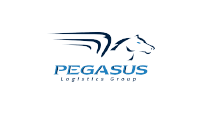
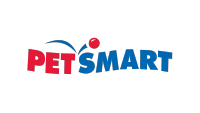


The Denver Department of Public Health & Environment requires commercial kitchen flooring surfaces to be smooth, durable, and easy to clean. Floors must not have cracks, holes, or seams. These issues can trap debris, moisture, or microorganisms. Flooring materials must also allow regular sanitation and resist wear from daily use. Surfaces should stay in good condition under normal kitchen activity. Flooring needs to help keep kitchens clean and safe. Proper flooring helps prevent buildup of dirt and germs. Materials chosen must support simple, routine cleaning and maintenance without damage or deterioration.
Floors in areas used for food preparation, cooking, dishwashing, storage, and restrooms must be made from nonabsorbent materials. Denver health code requires flooring in these spaces to resist moisture and prevent contamination. The materials must allow easy cleaning and help keep surfaces sanitary. These flooring rules apply to kitchens, storage rooms, dishwashing rooms, and restrooms that are part of food-related operations. Nonabsorbent, moisture-resistant floors make it easier to maintain cleanliness and meet city health code standards.
Local regulations stress that commercial kitchen floors must always stay in good condition. Damaged flooring needs quick repairs or replacements to prevent contamination, pests, and safety dangers. Keeping floors clean, safe, and damage-free helps kitchens meet Denver’s strict health codes. Following proper flooring guidelines is key to ensuring food safety and avoiding violations.
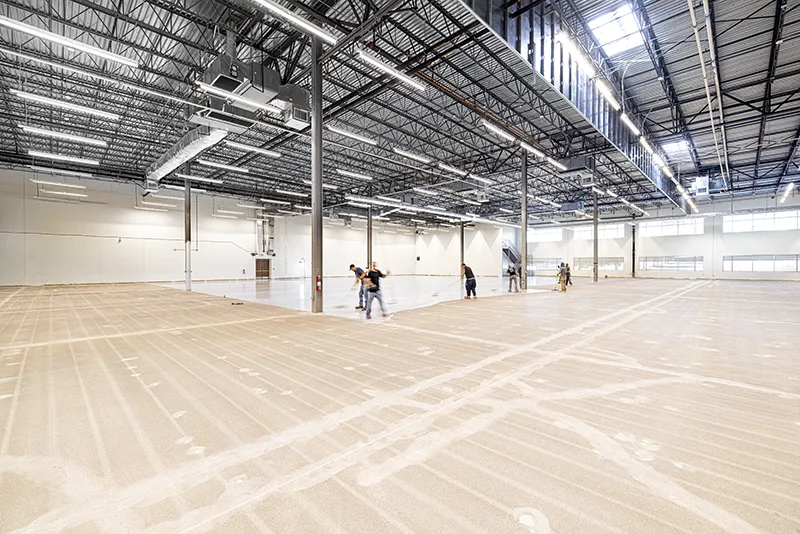
Denver, CO health codes approve flooring materials such as urethane cement, quarry tile, ceramic tile, terrazzo, poured epoxy flooring, and seamless vinyl flooring systems for commercial kitchens. Urethane cement is preferred for durability, sanitation, and thermal shock resistance. Carpeting is prohibited in areas used for food preparation and dishwashing.
Health code requires commercial kitchens to have floor drains in areas using water flush cleaning methods or producing liquid waste. Floors must slope toward drains to prevent standing water buildup. The minimum slope is 1/8 inch per foot, but 1/4 inch per foot is ideal to ensure proper drainage and maintain sanitary conditions in kitchen work areas.
Coving with a radius of at least 3/8 inch is required at all floor-wall junctures in commercial kitchens. Coving material must match the floor, be durable, nonabsorbent, and easy to clean. This helps remove gaps or crevices that can trap dirt, moisture, or pests and ensures compliance with health codes.
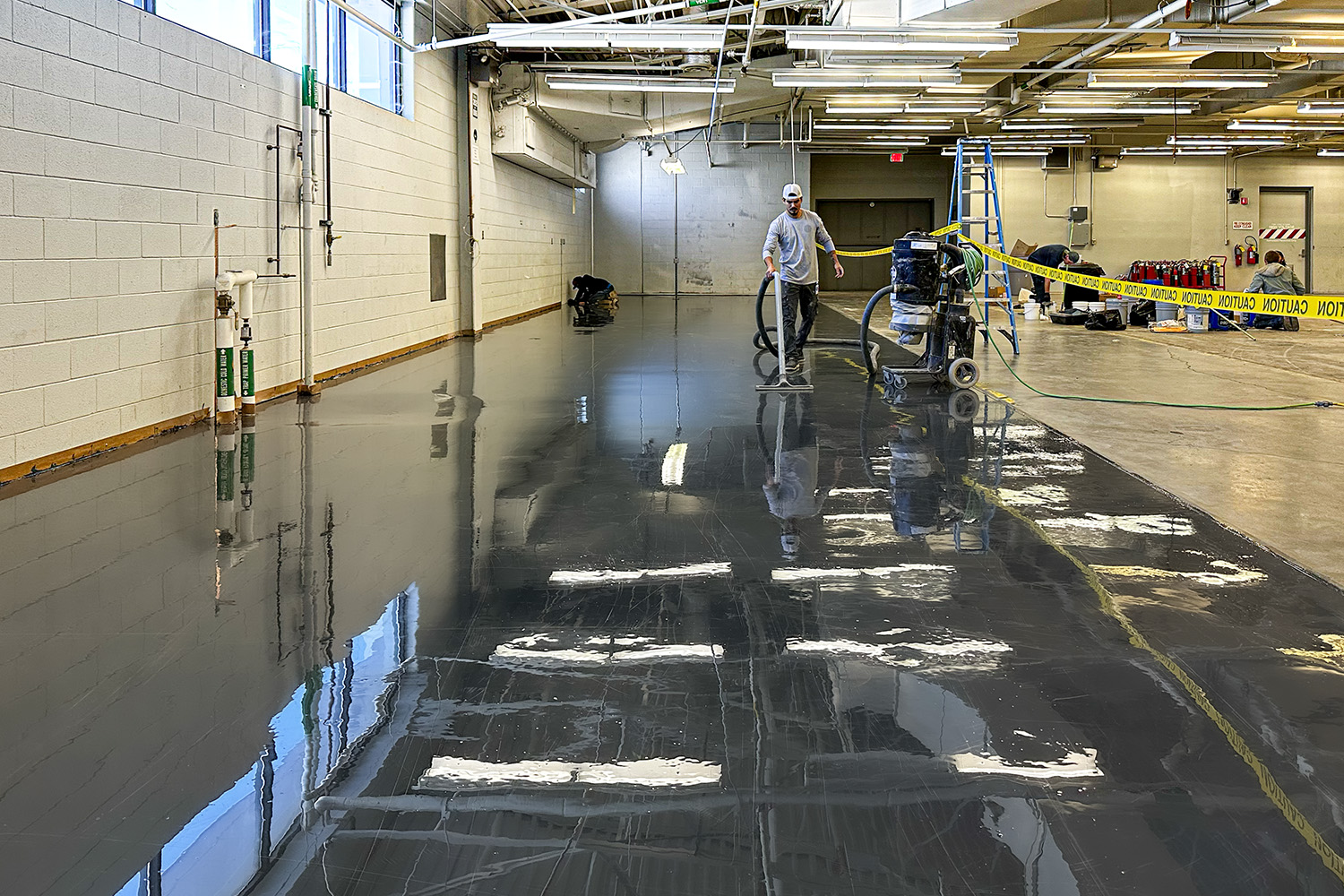
Denver, CO follows regulations based on the 2013 FDA Food Code. These rules include amendments from the Colorado Retail Food Establishment Rules and Regulations. They also contain local provisions from the Denver Department of Public Health & Environment. Denver actively enforces these combined standards for commercial kitchen flooring health codes.
Commercial kitchens must complete a health department plan review before starting new construction or remodeling. Food service businesses must follow specific rules for grease interceptors and wastewater discharge. These rules align with wastewater management division guidelines. Kitchens must also meet standards for environmentally friendly and energy-efficient design. These requirements can affect the materials chosen and kitchen layout. Compliance with these health, wastewater, and environmental rules is required for approval. Plan reviews ensure kitchens meet proper health and safety conditions before operation begins.
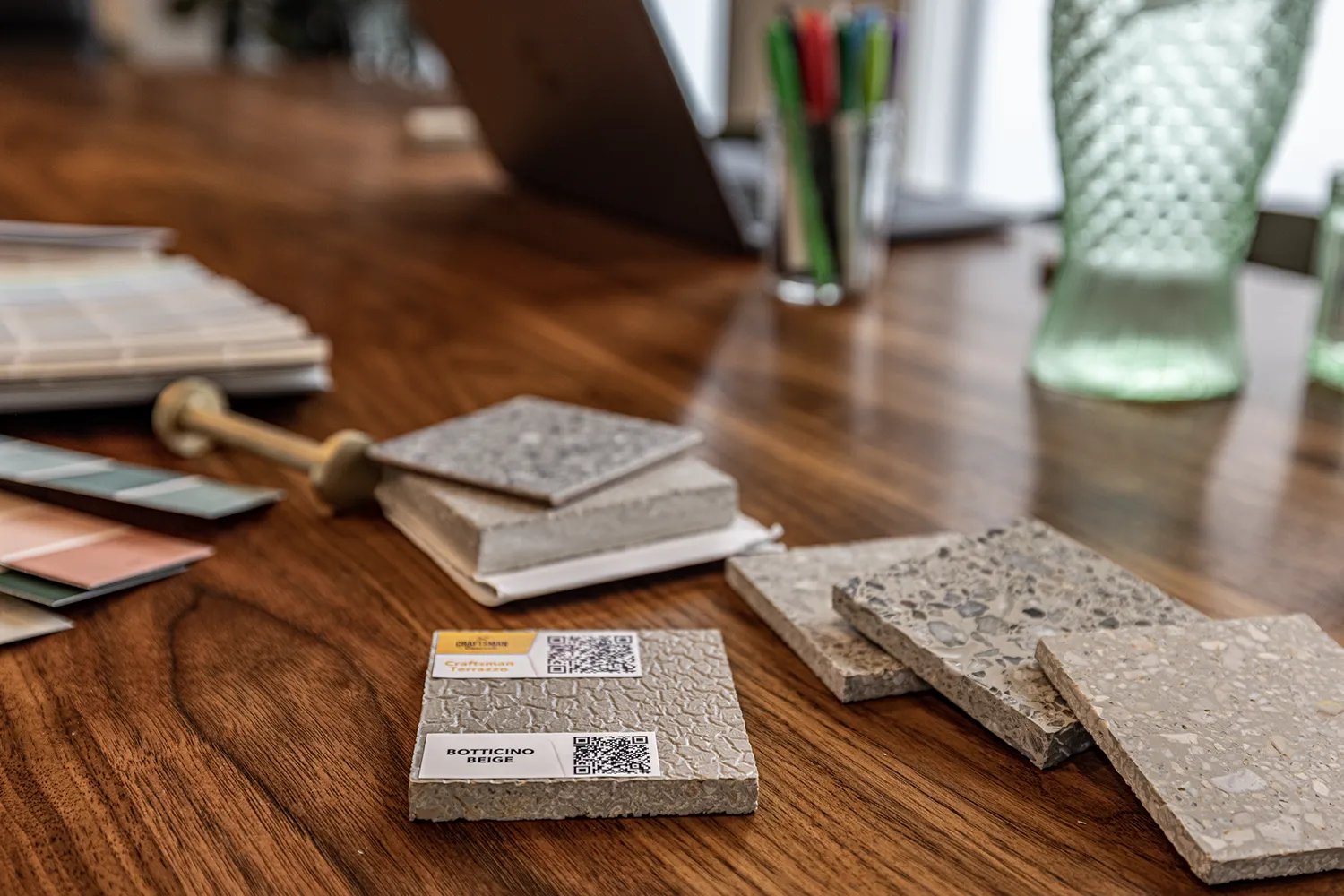
Commercial kitchens must have proper ventilation and exhaust systems that meet mechanical codes. These systems must remove heat, steam, odors, grease, and fumes to ensure indoor air quality. Hood systems need to follow National Fire Protection Association (NFPA) standards and Denver Fire Code requirements.
Denver health code requires lighting levels of at least 50 foot-candles at surfaces used for cooking, food prep, and dishwashing. Storage areas must have at least 20 foot-candles. Walk-in coolers, freezers, and dry storage spaces need at least 10 foot-candles. These lighting standards apply specifically to commercial kitchens to ensure proper visibility and cleanliness.
Compliance with Denver’s commercial kitchen flooring health code helps protect public health, prevents foodborne illnesses, and avoids costly fines or closures, while boosting customer trust and operational efficiency. Following proper flooring guidelines is essential for maintaining a safe, successful food service business.
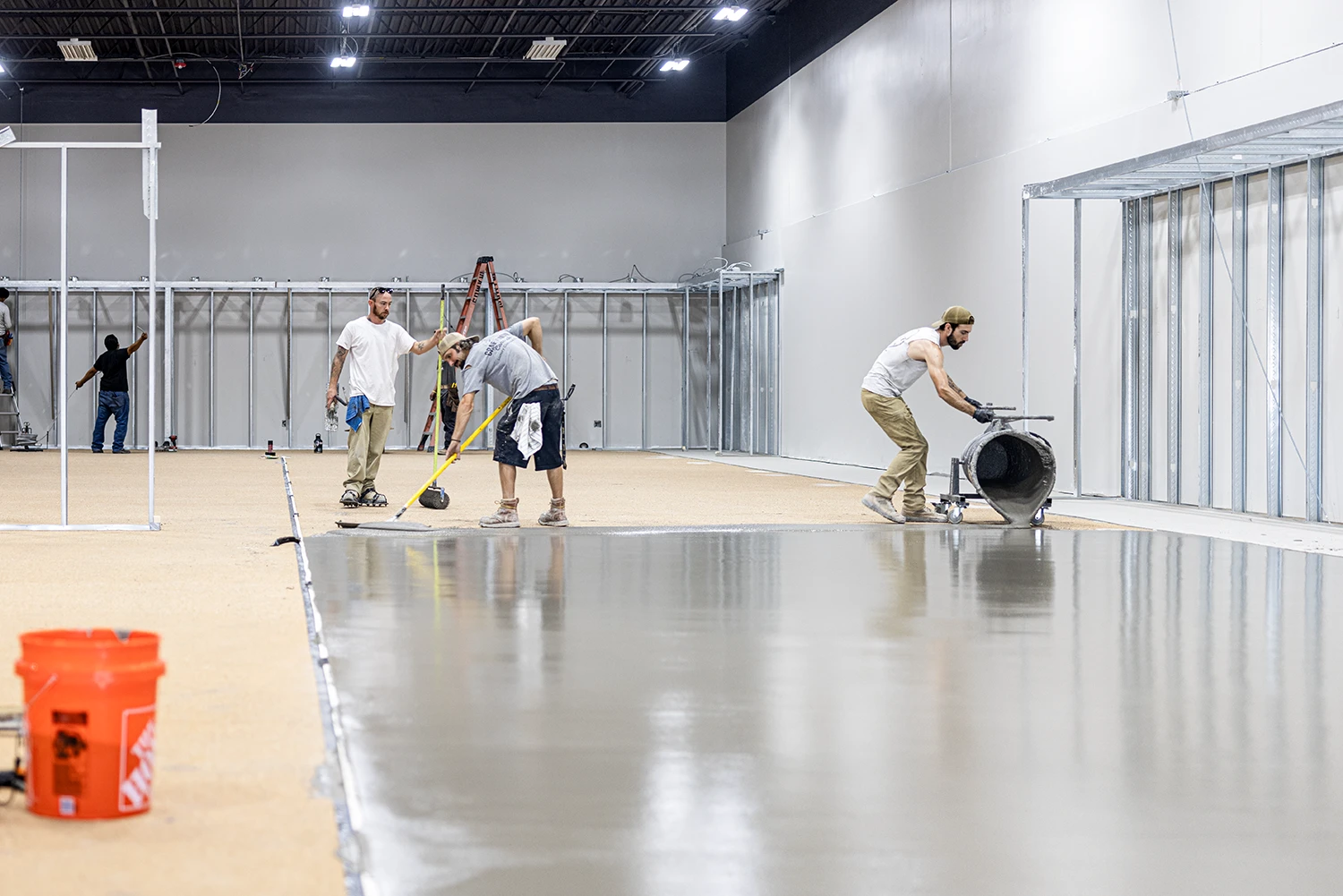
Urethane cement flooring provides an ideal solution for meeting the Denver Department of Public Health & Environment’s stringent flooring requirements for commercial kitchens. Regulations mandate that kitchen floors be smooth, durable, seamless, and resistant to moisture and contamination. Urethane cement flooring fulfills these criteria exceptionally well, offering a seamless, nonabsorbent surface that prevents cracks, holes, and seams where debris, moisture, or microorganisms could accumulate. Its robust composition withstands daily wear and tear, facilitating routine sanitation without deterioration. By choosing urethane cement flooring, commercial kitchens can effectively maintain cleanliness, reduce contamination risks, and consistently comply with Denver’s rigorous health and safety standards.
Additionally, Denver’s health code requires commercial kitchen floors to slope adequately toward floor drains to prevent standing water and maintain sanitary conditions. Urethane cement flooring is particularly suitable for achieving the recommended slope of at least 1/8 inch per foot, ideally 1/4 inch per foot, ensuring efficient drainage and preventing water accumulation. Furthermore, health regulations mandate coving with a minimum 3/8-inch radius at floor-wall junctures. Urethane cement seamlessly integrates coving into the flooring system, eliminating gaps or crevices that could harbor dirt, moisture, or pests, thus ensuring full compliance with local health codes.
Craftsman Concrete Floors specializes in the expert installation and inspection of urethane cement flooring systems, ensuring strict adherence to Denver’s health regulations. Our in-house senior NACE Certified Inspector verifies that each installation meets local guidelines, as well as USDA and FDA standards when applicable. With decades of combined experience in installation, materials manufacturing, and product development, our skilled professionals deliver precision and craftsmanship, providing reliable, compliant flooring solutions tailored specifically to your commercial kitchen’s needs.
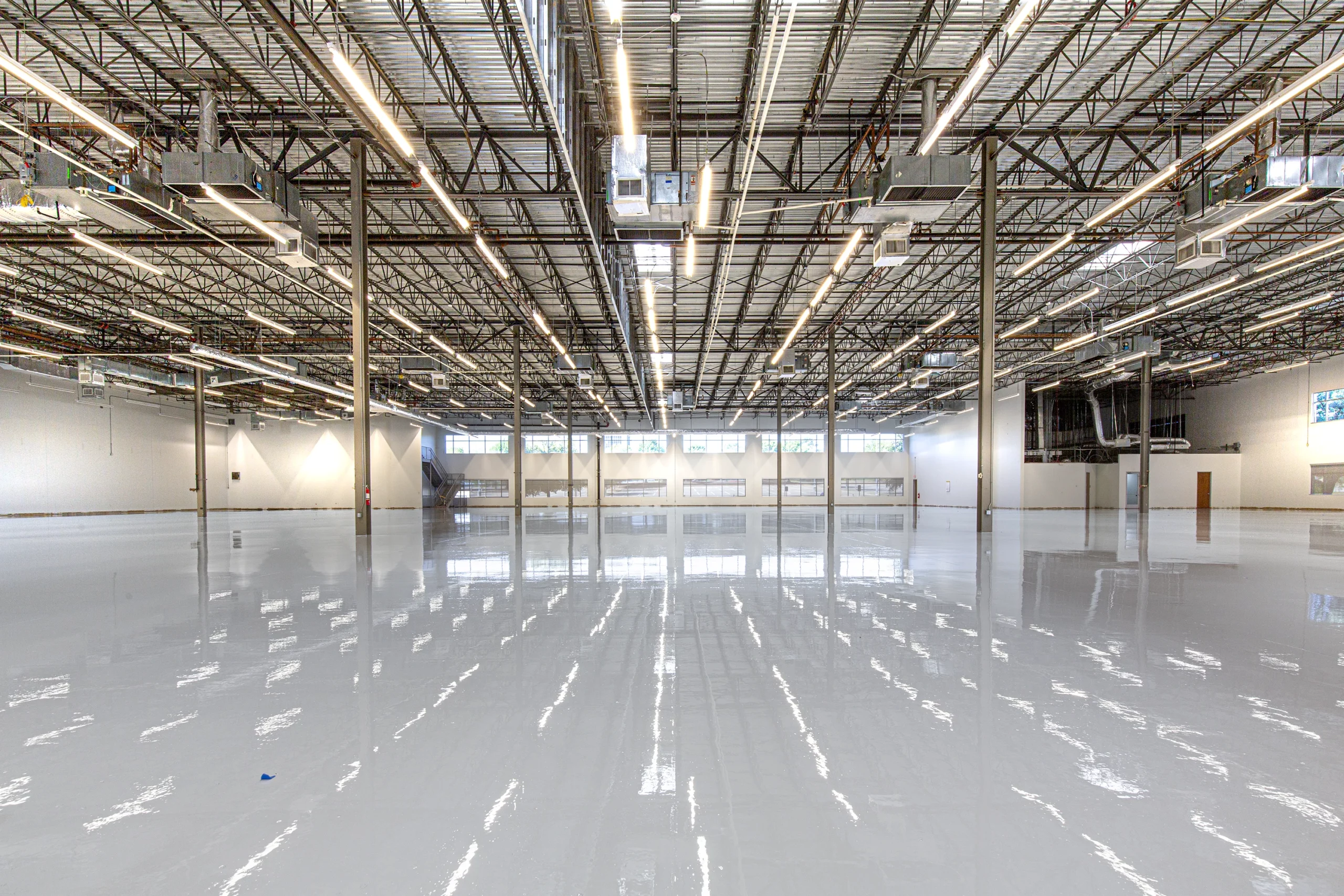
Double broadcast epoxy flooring involves applying two separate layers of epoxy resin, each embedded with aggregate material, to create a robust, seamless, and highly durable surface. The Denver Department of Public Health & Environment mandates that commercial kitchen flooring must be smooth, durable, seamless, and easy to clean, without cracks or holes that could harbor debris or microorganisms. Double broadcast epoxy flooring effectively meets these requirements, providing a seamless, resilient surface that withstands daily kitchen activities and facilitates routine sanitation without deterioration.
Health codes also require commercial kitchen floors to slope toward drains, with a minimum slope of 1/8 inch per foot—though 1/4 inch per foot is recommended—to prevent standing water and maintain sanitary conditions. Unlike urethane cement, double broadcast epoxy flooring typically requires an additional sloping layer beneath it to achieve proper drainage. However, double broadcast epoxy flooring systems are fully compatible with coving requirements, ensuring smooth, durable, and easily cleanable transitions at floor-wall junctures, thus maintaining compliance with health regulations.
Craftsman Concrete Floors is a specialty floor installation company headquartered in Dallas, Texas. Founded in 1999, we offer nationwide in-house service installing Polished Concrete, ESD Epoxy, Terrazzo Floors, Urethane Cement, and Concrete Overlays through our regional offices.
Craftsman Concrete Floors specializes in installing commercial flooring systems designed for exceptional durability and minimal maintenance. From our corporate headquarters in Dallas, Texas, we provide nationwide in-house service, including projects throughout Colorado. As one of America’s premier commercial flooring installers, we deliver manufacturer-warrantied solutions trusted by leading companies nationwide. Our seasoned industry professionals bring decades of experience in installation, materials manufacturing, and product innovation—ensuring unmatched precision and craftsmanship.
Our specialty commercial kitchen flooring solutions include urethane cement and poured epoxy systems, engineered specifically for extreme durability, thermal shock resistance, and chemical protection. Each installation is carefully specified to meet Denver’s local health code regulations, ensuring compliance and effectively safeguarding public health. With an in-house senior NACE Certified Inspector, we guarantee every certified kitchen floor meets FDA or USDA standards when required. Contact us today to discuss your flooring needs or schedule a consultation with our expert team.
Urethane cement flooring offers exceptional durability, thermal shock resistance, and seamless surfaces, making it ideal for high-traffic kitchen environments. Its antimicrobial properties also help maintain hygiene standards by minimizing bacterial growth.
Installation of epoxy flooring in a commercial kitchen usually takes between two to four days, depending on the size and complexity of the area. Proper curing time is essential to ensure maximum durability and performance.
Yes, urethane cement flooring can often be installed directly over existing substrates, provided the surface is properly prepared and structurally sound. This reduces downtime and minimizes disruption during installation.
Proper surface preparation is crucial and typically involves cleaning, degreasing, and mechanically profiling the substrate to ensure optimal adhesion. Any existing damage or cracks must also be repaired before applying epoxy flooring.
Yes, urethane cement flooring installation requires specific temperature conditions, typically between 50°F and 85°F, to ensure proper curing and adhesion. Maintaining these conditions helps achieve optimal flooring performance and longevity.
Athmar Park, Auraria, Baker, Barnum, Barnum West, Bear Valley, Belcaro, Berkeley, Capitol Hill, Chaffee Park, Cheesman Park, Cherry Creek, City Park, City Park West, Civic Center, Clayton, Cole, Congress Park, Cory-Merrill, Country Club, East Colfax, Elyria Swansea, Five Points, Fort Logan, Gateway/Green Valley Ranch, Globeville, Golden Triangle, Hale, Hampden, Hampden South, Harvey Park, Harvey Park South, Highland, Hilltop, Jefferson Park, Kennedy, Lincoln Park, Lowry, Mar Lee, Marston, Montbello, Montclair, North Capitol Hill, North Park Hill, Northeast Park Hill, Overland, Park Hill, Platt Park, Regis, Rosedale, Ruby Hill, Skyland, Sloan Lake, South Park Hill, South Platte, Speer, Stapleton, Sun Valley, Sunnyside, Union Station, University, University Hills, University Park, Valverde, Villa Park, Virginia Village, Washington Park, Washington Park West, Washington Virginia Vale, Wellshire, West Colfax, West Highland, Westwood, Whittier, Windsor.
Albuquerque, NM; Albany, NY; Anaheim, CA; Anchorage, AK; Arlington, TX; Arlington, VA; Atlanta, GA; Austin, TX; Bakersfield, CA; Baltimore, MD; Baton Rouge, LA; Birmingham, AL; Boise, ID; Boston, MA; Buffalo, NY; Chandler, AZ; Charleston, SC; Charlotte, NC; Chicago, IL; Chula Vista, CA; Cincinnati, OH; Cleveland, OH; Colorado Springs, CO; Columbus, OH; Corpus Christi, TX; Dallas, TX; Dallas-Fort Worth, TX; Denver, CO; Detroit, MI; Durham, NC; El Paso, TX; Fort Worth, TX; Fremont, CA; Fresno, CA; Garland, TX; Gilbert, AZ; Glendale, AZ; Grand Rapids, MI; Greensboro, NC; Hartford, CT; Hialeah, FL; Honolulu, HI; Houston, TX; Huntsville, AL; Indianapolis, IN; Irvine, CA; Jacksonville, FL; Jersey City, NJ; Kansas City, MO; Las Vegas, NV; Laredo, TX; Lexington, KY; Lincoln, NE; Long Beach, CA; Los Angeles, CA; Louisville, KY; Lubbock, TX; Madison, WI; Memphis, TN; Mesa, AZ; Miami, FL; Milwaukee, WI; Minneapolis, MN; Nashville, TN; New Orleans, LA; Newark, NJ; Norfolk, VA; North Las Vegas, NV; Oakland, CA; Oklahoma City, OK; Omaha, NE; Orlando, FL; Philadelphia, PA; Phoenix, AZ; Pittsburgh, PA; Plano, TX; Portland, OR; Providence, RI; Raleigh, NC; Reno, NV; Richmond, VA; Riverside, CA; Sacramento, CA; Salt Lake City, UT; San Antonio, TX; San Diego, CA; San Francisco, CA; San Jose, CA; Santa Ana, CA; Scottsdale, AZ; Seattle, WA; Spokane, WA; St. Louis, MO; Stockton, CA; Tampa, FL; Toledo, OH; Tucson, AZ; Tulsa, OK; Virginia Beach, VA; Washington, DC; Wichita, KS; Winston–Salem, NC
